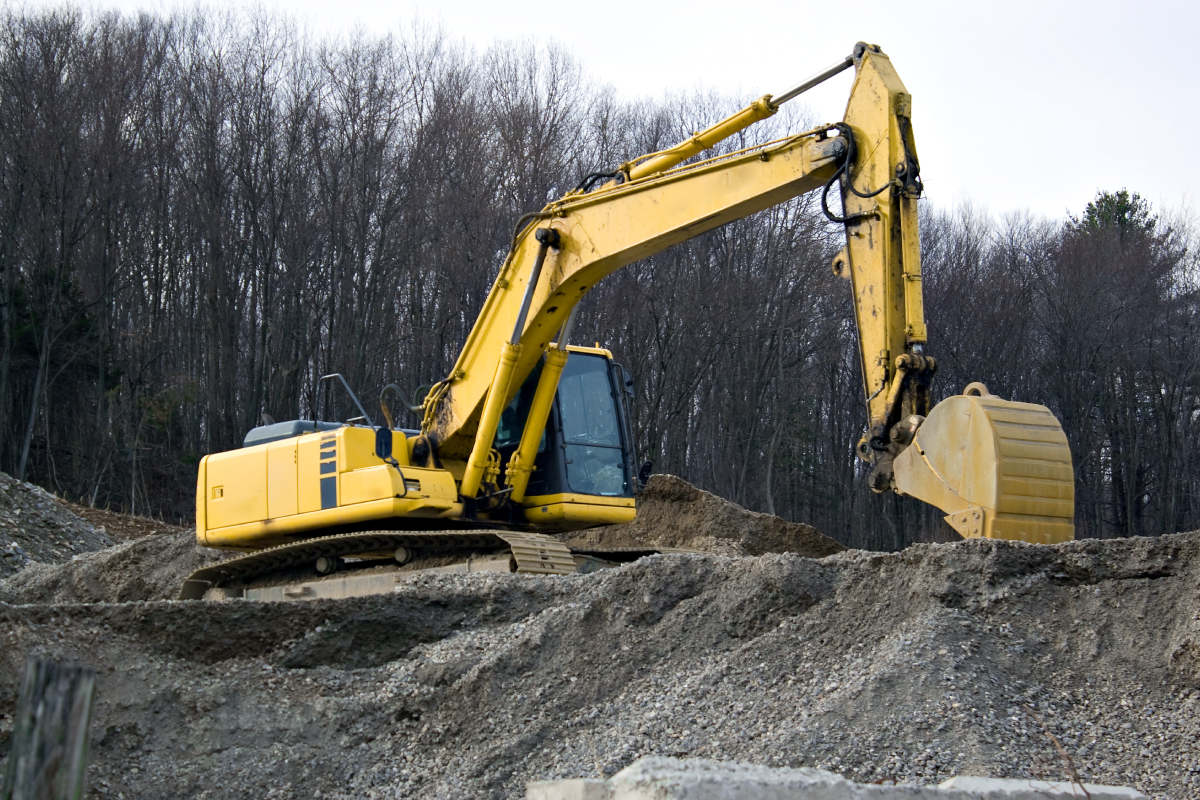
Discovering lithium reserves is an opportunity to benefit the long conflict-ravaged region and integrate it into the robust economy that is thriving post-pandemic

India’s Ministry of Mines on Thursday announced that 5.9 million tonnes of lithium reserves have been found for the first time in the country in the Salal-Haimana area of the Reasi district of the Union Territory of Jammu and Kashmir.
The Geological Survey of India established Lithium inferred resources (G3) of 5.9 million tonnes in the area. Lithium is a non-ferrous metal and is one of the key components in EV batteries.
As the world moves away from gasoline-fuelled combustion engines, demand for lithium, nickel, cobalt and other metals that go into lithium-ion batteries is soaring. Even as Jammu Division’s white oil moment dawns, it is also an opportunity for it to become an example of India’s commitment to sustainable development and environmental conservation.
Sustainable development is a concept that aims to balance economic growth, social inclusion, and environmental protection. The idea is to ensure that the needs of the present generation are met without compromising the ability of future generations to meet their own needs.
The concept of sustainable development was first introduced in the 1980s and formalised in the United Nations’ 1987 report, ‘Our Common Future’. The report called for nations to work together to create a more sustainable world, one in which economic development is achieved in a way that does not harm the planet’s natural systems.
Sustainable development is often referred to using the “triple bottom line” framework, which considers economic, social, and environmental factors. This means that sustainable development considers the economic benefits of a project or policy, as well as its impact on people and the environment.
Examples of sustainable development initiatives include renewable energy projects, green building design, sustainable agriculture, and conservation of biodiversity and ecosystems. The goal of these initiatives is to create a more sustainable future, in which human well-being and economic prosperity can coexist with a healthy and thriving natural world.
Now that lithium reserves have been discovered in the Reasi district, there is an opportunity to benefit the long conflict-ravaged region and integrate it into the robust economy that is thriving post-pandemic.
It is also an opportunity for smart cities in J&K and green building designs while conserving the ecology of the Himalayan region, which is considered fragile for several factors.
The region is home to some of the world’s highest mountain peaks, unique ecosystems, and a rich diversity of plant and animal species, many of which are found nowhere else on Earth. However, the region is facing numerous challenges that threaten its ecological health and stability.
Some of the key issues include rising temperatures due to climate change causing the melting of glaciers, which is affecting the water supply for millions of people downstream. Climate change is also altering the timing of snowmelt and monsoon patterns, leading to changes in vegetation patterns and soil moisture levels.
Deforestation is another factor affecting the ecosystem. The cutting down of trees for fuel, construction, and agriculture is reducing the region’s forest cover, which is important for soil stability, water retention, and habitat for wildlife.
The overgrazing of cattle and other livestock is damaging the region’s alpine and sub-alpine meadows, which are important habitats for a variety of plants and animals.
In addition to this, the construction of roads, hydropower projects and other infrastructure is causing habitat fragmentation and the displacement of wildlife, leading to a decline in biodiversity.
To address these challenges, it is important to implement sustainable development practices that prioritise the conservation of the region’s unique ecosystems and the well-being of local communities.
This may include initiatives such as sustainable forest management, promoting low-impact tourism, and investing in clean energy alternatives to reduce dependence on fossil fuels.
Now that the mining of lithium deposits is looming on the horizon, the negative impacts on the environment and local communities need to be kept in mind. Some of the key concerns include the large amounts of water required for lithium mining, which can strain local water supplies and lead to competition with other uses, such as agriculture and drinking water.
The excavation of lithium mines can result in the loss of vegetation, soil erosion, and degradation of habitats, which can impact local wildlife and reduce the ability of the land to support plant growth in the future.
The processing of lithium ore can produce waste products that can contaminate local water sources, including streams, lakes, and groundwater. These pollutants can harm aquatic life and pose a threat to human health.
Dust and emissions generated by the mining and processing of lithium can negatively impact air quality, leading to health problems for residents. Lithium mining can lead to the displacement of local communities and can impact traditional ways of life.
Additionally, the presence of large-scale mining operations can change the social and economic fabric of communities, leading to conflicts over resources and benefits.
To minimise these negative impacts, it is important for the Ministry of Mines and the Government of India to adopt sustainable and responsible mining practices, such as using best practices for water management and waste disposal, engaging with the local communities in Jammu division, and incorporating environmental protections into their operations.
Additionally, the government can play a role by establishing regulations and standards for lithium mining, as well as supporting research and development of alternative technologies and materials. This is Jammu’s and India’s moment, hopefully, it will not be wasted.
Arshia Malik is a Delhi-based writer, blogger and social commentator
Disclaimer: Views expressed above are the author’s own